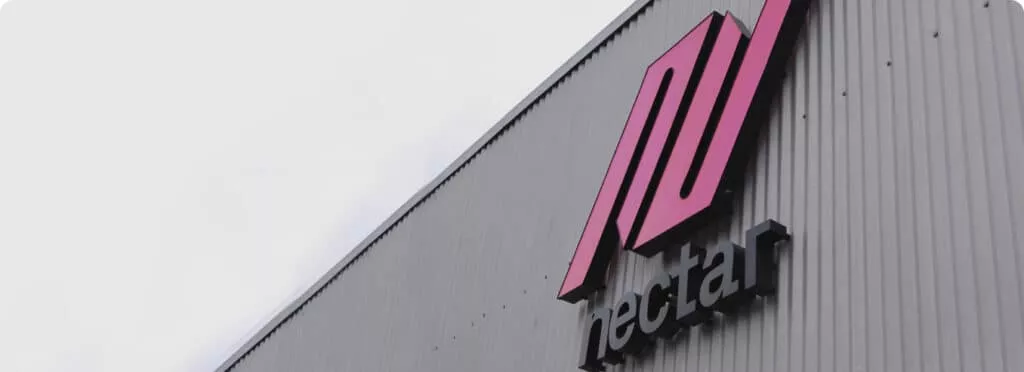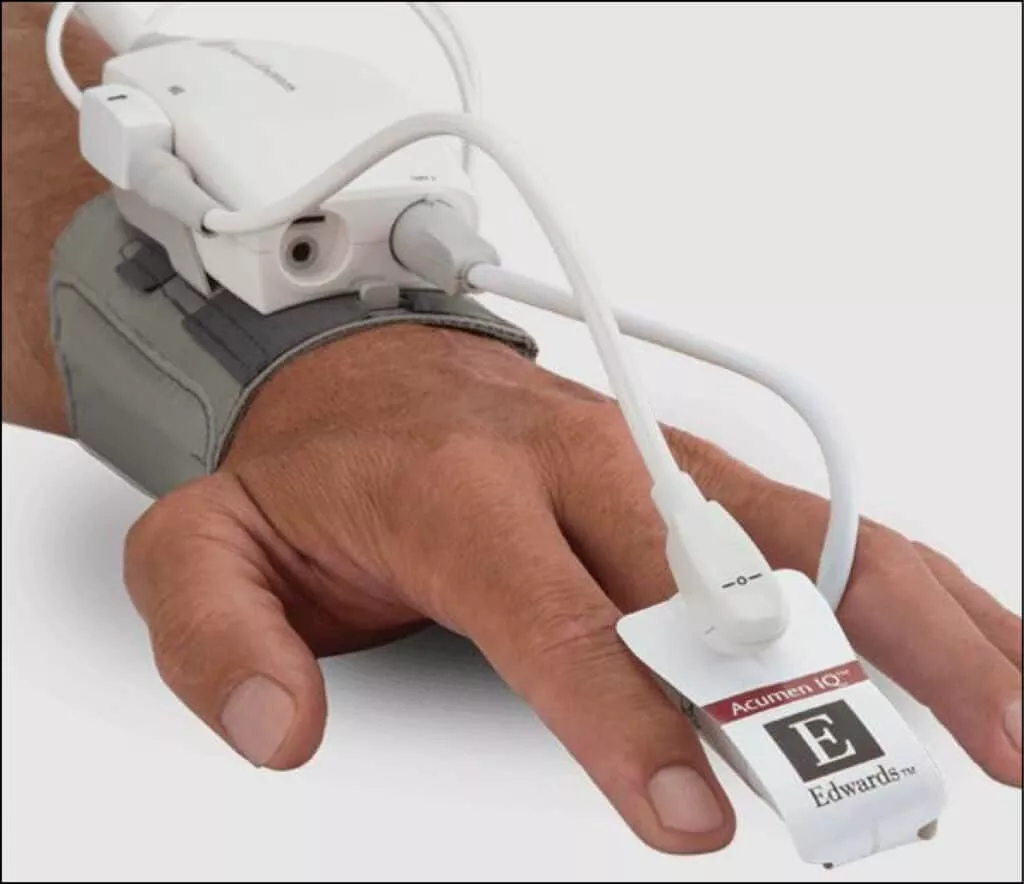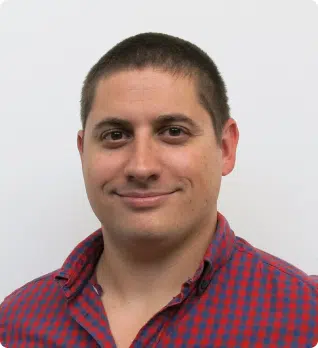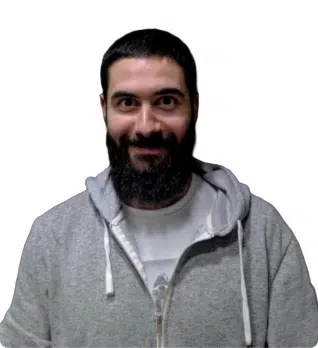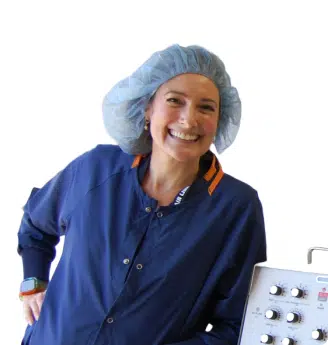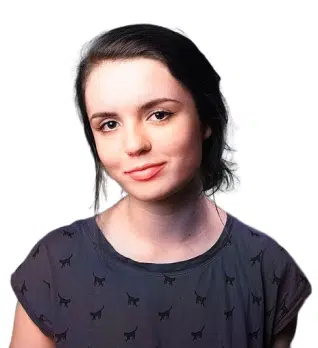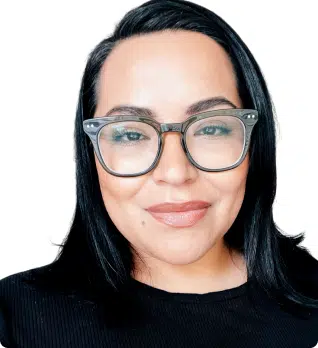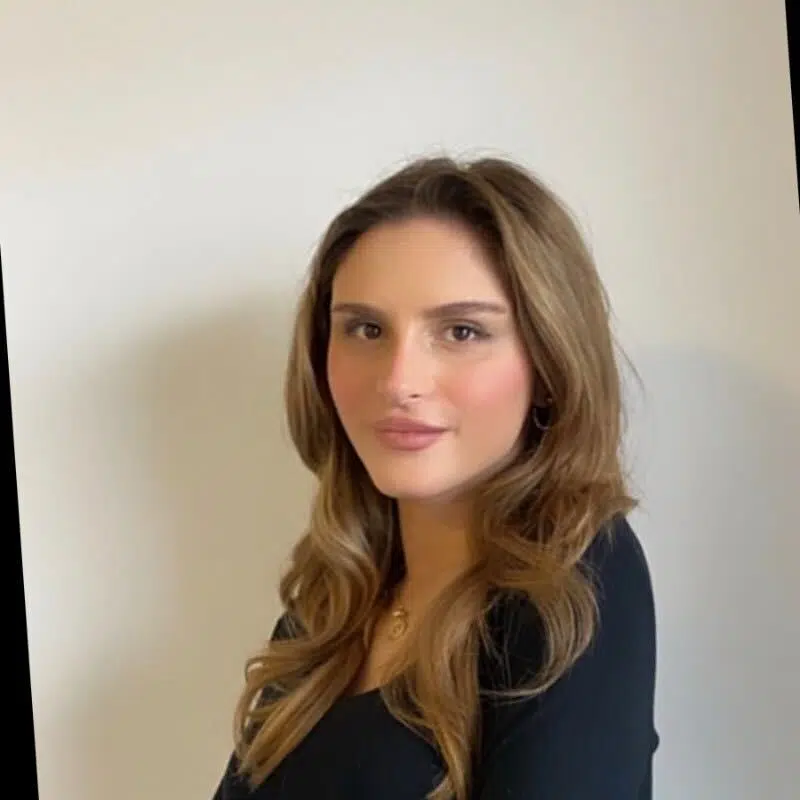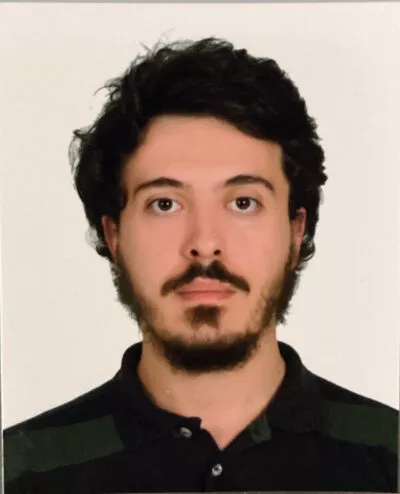Enhancing User Engagement: Key Factors That Elevate Industrial Design from Good to Great
Industrial design is not just about creating aesthetically pleasing products; it’s a discipline deeply rooted in the philosophy of User-Centered Design (UCD). This approach prioritizes the user’s needs and experiences at every stage of the product development process. In the realm of industrial design, UCD transcends traditional design parameters, ensuring that products are not only functional but also resonate with consumers on a personal and emotional level.
The Essence of User-Centered Design
User-Centered Design is about understanding the user as a whole. It’s a process that begins with a thorough analysis of who the product’s users are, what they need, and how they will interact with the product in their daily lives. This empathetic approach is essential in creating products that are not just usable but also desirable. It involves designers immersing themselves in the user’s world, gaining insights into their habits, preferences, and challenges.
The Role of Formative Testing in UCD
Formative testing plays a critical role in the early stages of product design. It’s an exploratory process, often conducted through interviews, observations, and early prototype testing. This phase is all about gathering qualitative data – understanding the user’s behaviors, needs, and attitudes. The insights gained from formative testing guide designers in making informed decisions about the product’s features, form, and functionality. This phase is crucial for identifying potential problems early on, saving time and resources in the long run.
Summative Testing: Validating Design Decisions
Summative testing, on the other hand, comes into play in the later stages of the design process. This phase is about validating the design decisions made during the formative stages. Summative tests are typically more structured and quantitative, often involving larger groups of users. The goal here is to ensure that the product meets the predefined user requirements and design specifications. It’s an opportunity to evaluate the product’s performance in real-world scenarios, ensuring that it truly enhances the user experience.
Integrating Formative and Summative Testing in Industrial Design
In industrial design, the integration of both formative and summative testing is vital for the success of a product. These testing phases complement each other, ensuring that the final product is not only based on sound user research but also tested and refined based on actual user feedback and interaction. The success of these testing methods is a testament to the importance of understanding and addressing user needs effectively.
The Design Thinking Methodology is a systematic, user-centric approach that revolutionizes the way industrial designers approach problem-solving. It begins with empathizing with users, a step that involves deep understanding and immersion into the user’s experiences and challenges. This empathetic approach is crucial for defining the real problems users face, often revealing insights that go beyond the obvious.
Defining problems effectively is the next critical step. It’s about distilling the insights gathered during empathy into clear, actionable problem statements. This clarity guides the ideation process, where creativity and innovation come to the forefront. Designers brainstorm a range of solutions, pushing the boundaries of conventional thinking to explore new possibilities.
Creating prototypes is where these ideas take physical form. This tangible representation of solutions allows designers and users to interact with the concept, providing a real sense of how it might work in practice. Prototyping is not about perfection; it’s about bringing ideas to life in a way that they can be tested and refined.
Testing is where these prototypes are put to the test in real-world scenarios. This stage is crucial for gathering feedback, which is used to refine and improve the design. It’s a cyclical process, often leading back to redefining the problem or ideating new solutions based on the insights gained.
In industries like medical product development, the Design Thinking Methodology is particularly vital. It ensures that products not only meet stringent safety standards but also address the specific and often complex needs of users in medical settings. Products developed through this process are more likely to be user-friendly, safe, and effective in meeting the unique demands of healthcare environments.
Moreover, Design Thinking encourages a collaborative approach, involving multidisciplinary teams that bring diverse perspectives to the design process. This collaboration fosters more holistic and innovative solutions, as ideas are challenged and refined from multiple viewpoints.
Ultimately, the Design Thinking Methodology is more than just a set of steps; it’s a mindset that prioritizes user needs and encourages continuous innovation. By adopting this methodology, designers are better equipped to create products that are not only technically sound but also deeply resonate with the users they are meant to serve.
Product Lifecycle Management: Ensuring Long-Term Success
Product Lifecycle Management (PLM) plays a critical role in the journey of a product from concept to market release and beyond. Effective PLM strategies involve planning, design, manufacturing, and marketing phases, ensuring that a product remains competitive throughout its life. The creation of award-winning products often relies on a robust PLM process, ensuring not only functionality but also market relevancy and user appeal. Award-Winning Products.
The Importance of Ethical Design Practices
Ethical Design Practices in industrial design are increasingly recognized as not just a responsibility but a necessity. These practices involve making conscious, socially responsible, and environmentally sustainable design decisions. By prioritizing ethics, designers have the power to influence consumer behavior positively and contribute to a more sustainable and equitable world.
In today’s global market, ethical design goes beyond the mere functionality and aesthetics of a product. It encompasses a broader responsibility towards society and the environment. This includes considering the entire lifecycle of a product, from the sourcing of materials to its end-of-life disposal or recycling. Ethical design challenges designers to think about the long-term impact of their creations on the environment and communities.
Moreover, ethical design also involves being mindful of the cultural and social implications of a product. This means ensuring that products do not perpetuate stereotypes, inequality, or harm. Inclusivity becomes a key factor, where products are designed to be accessible to a diverse range of users, respecting different abilities, cultures, and backgrounds.
Another critical aspect of ethical design is transparency. This involves being open about the materials used, the manufacturing processes, and the supply chain. Consumers are increasingly demanding this transparency, wanting to know that the products they use are ethically produced and environmentally friendly.
By incorporating ethical considerations into their work, designers can create products that not only meet the needs of users but also contribute to the greater good. Ethical design practices have the power to create a positive ripple effect, inspiring other designers, companies, and industries to follow suit.
Ultimately, ethical design is about creating a better future – one where products are designed with consideration for their impact on people and the planet. It’s a commitment to a design philosophy that values sustainability, responsibility, and human dignity above all else.
Market Research and Consumer Behavior: The Backbone of Design
Market Research and Consumer Behavior Analysis are fundamental in understanding and predicting market needs. This involves analyzing trends, preferences, and behavioral patterns to tailor products to the evolving needs of the target audience, thereby enhancing user satisfaction and relevance. In areas such as scientific software and instrument development, thorough market research is crucial to ensure that the products meet specific user requirements and industry standards. Scientific Software and Instrument Development.
Design for Manufacturability and Sustainability
Design for Manufacturability (DFM) is a key consideration in industrial design. It involves creating products that are not only aesthetically pleasing but also easy and cost-effective to manufacture. This balance between design and practicality is essential for the success of a product in the competitive market. Understanding the principles of DFM is critical for any designer looking to create sustainable, market-ready products.
The Multidisciplinary Approach to Industrial Design
The strength of industrial design often lies in a multidisciplinary approach. Our multidisciplinary team of experts combines knowledge from various fields to create innovative, user-friendly, and effective products. This collaborative approach is essential in tackling complex design challenges and ensuring that the end products meet diverse user needs and industry standards. Our Multidisciplinary Team of Experts.
Engaging with Nectar Product Development
At Nectar Product Development, we are committed to pushing the boundaries of industrial design. We understand the importance of integrating user-centered design principles, ethical practices, and innovative strategies to create products that not only meet but exceed user expectations. To learn more about our approach and services, we invite you to explore our website. Nectar Product Development.
Learning with Nectar’s Podcast: The Product Development Book
For those interested in diving deeper into the world of product development and design, Nectar’s Podcast ‘The Product Development Book‘ offers a wealth of knowledge and insights. The podcast features discussions with industry experts, case studies, and tips on navigating the complexities of product development. Nectar’s Podcast: The Product Development Book.
For those interested in learning more about these practices or discussing them with industry experts, the “Contact Us” page provides an avenue for engagement and inquiry – Contact Us.
